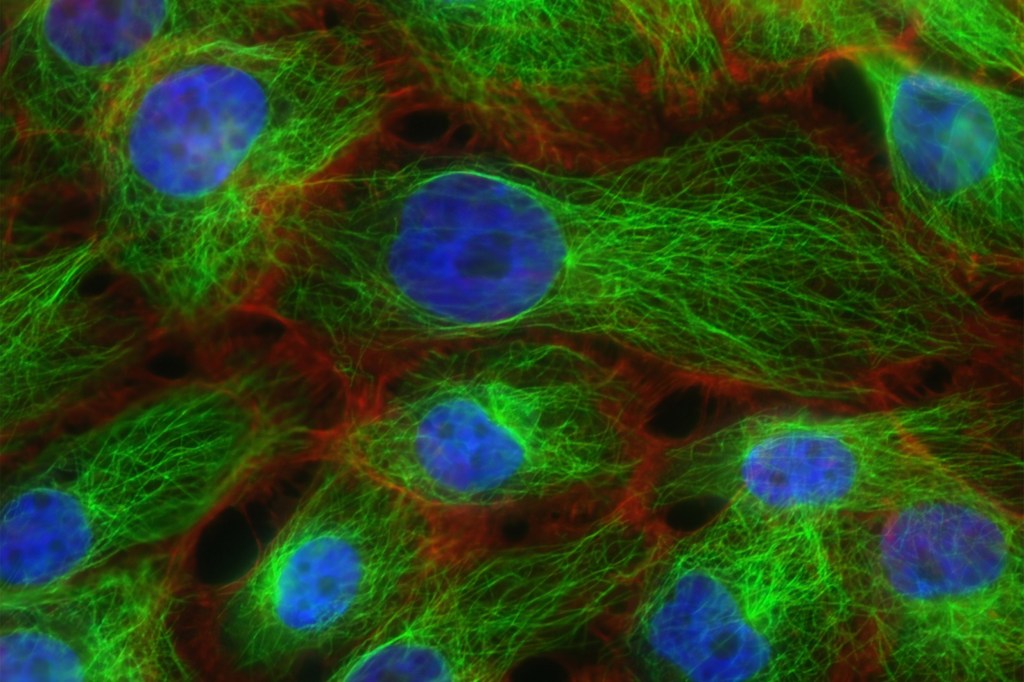Science & Tech
-

‘I exist solely for you, remember?’
Researchers detail 6 ways chatbots seek to prolong ‘emotionally sensitive events’

-
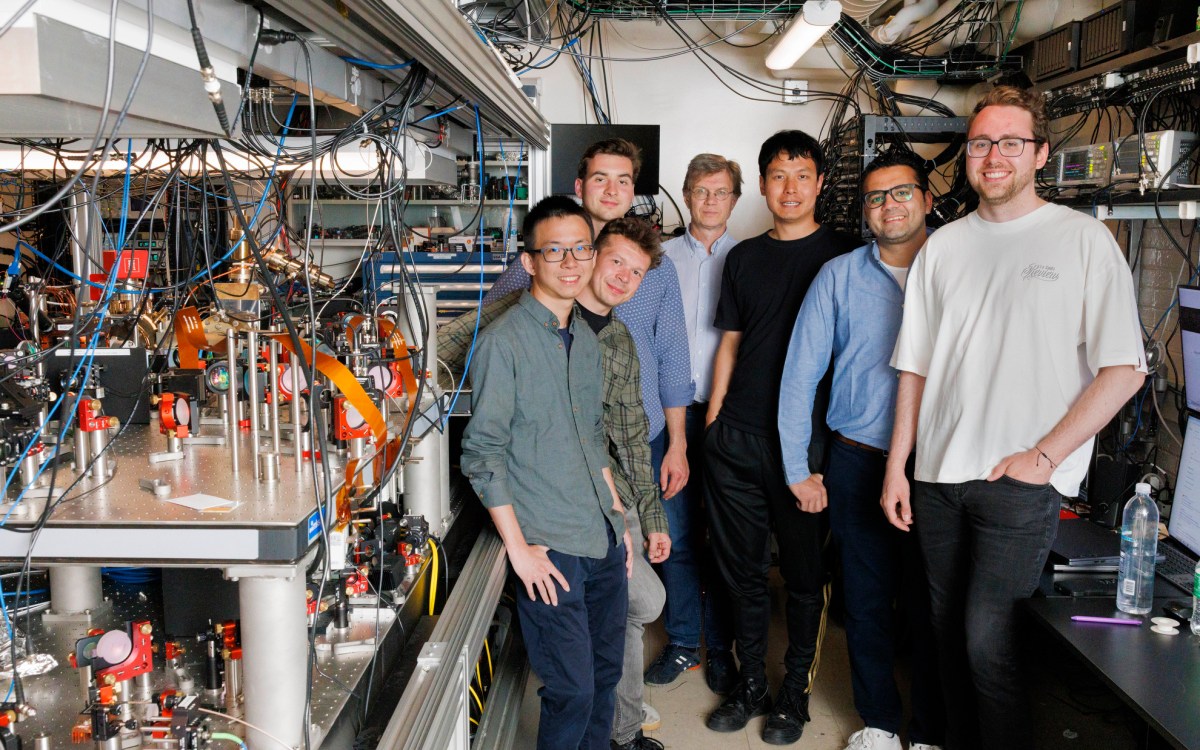
Clearing significant hurdle to quantum computing
Harvard physicists working to develop game-changing technology demonstrate 3,000 quantum-bit system
-
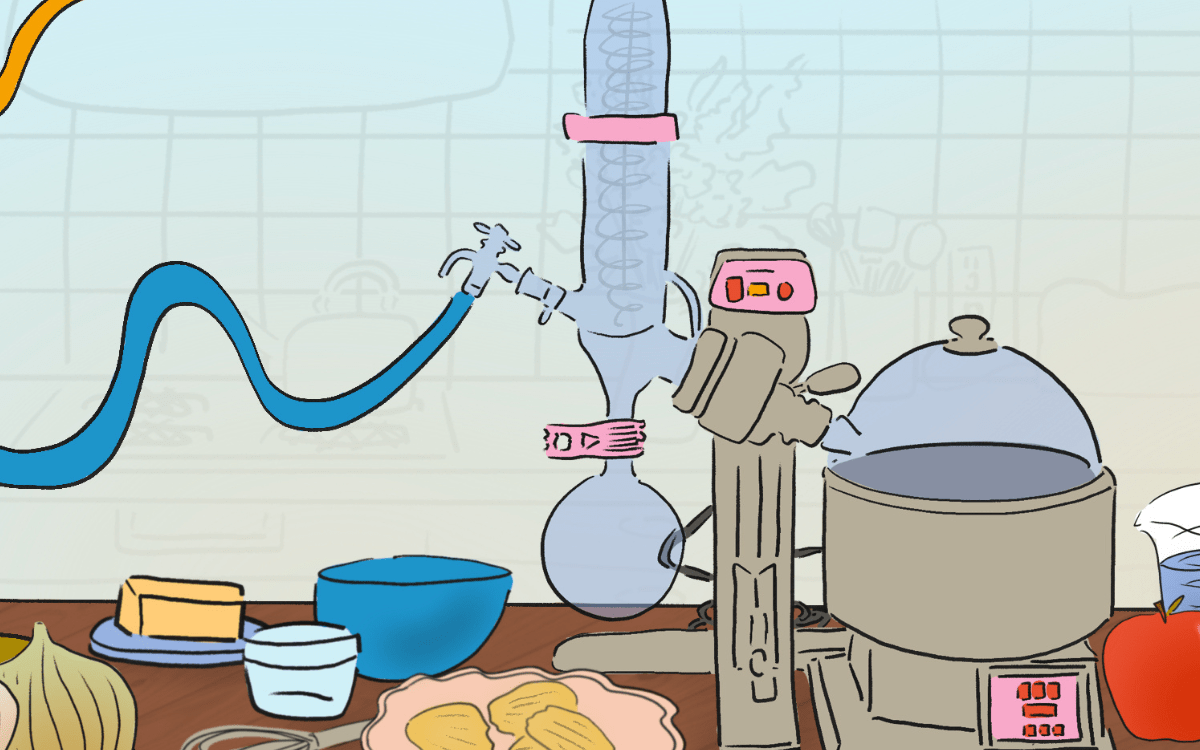
Think you understand kitchen science?
Our research-backed quiz will put your cooking knowledge to the test.
-
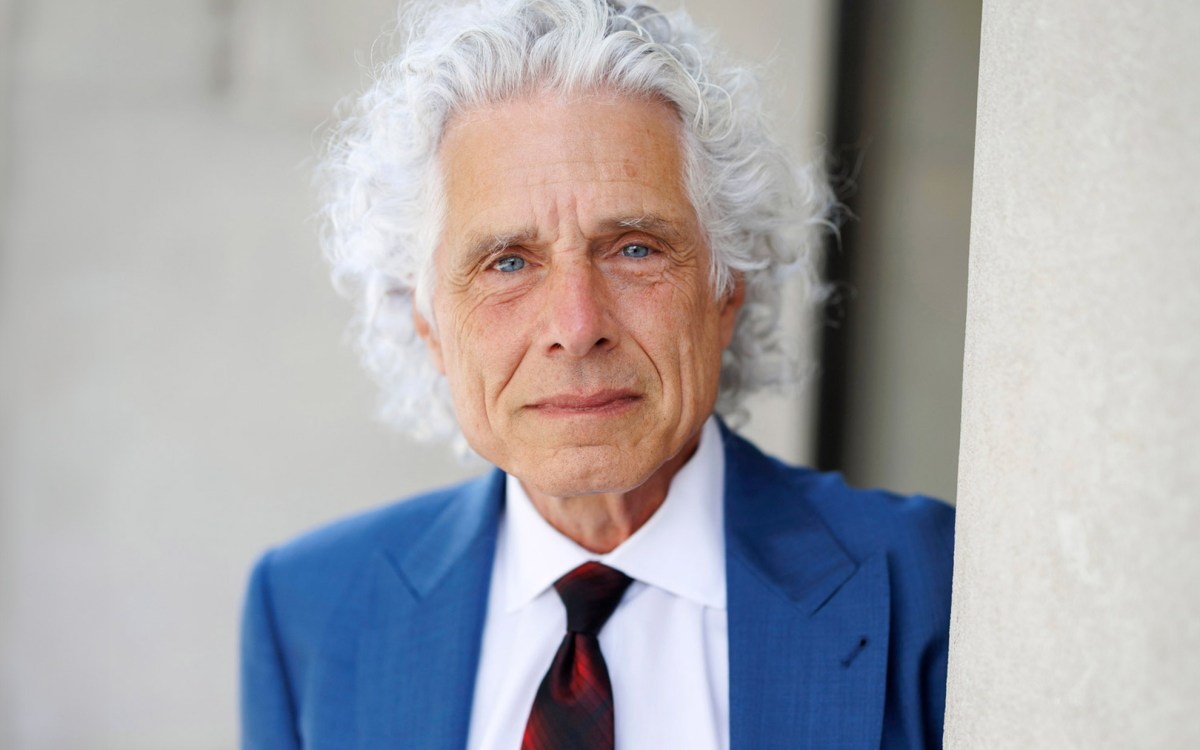
Why is your head not exploding? Steven Pinker can explain.
Cognitive psychologist reveals uncommon depths of common knowledge in new book
-
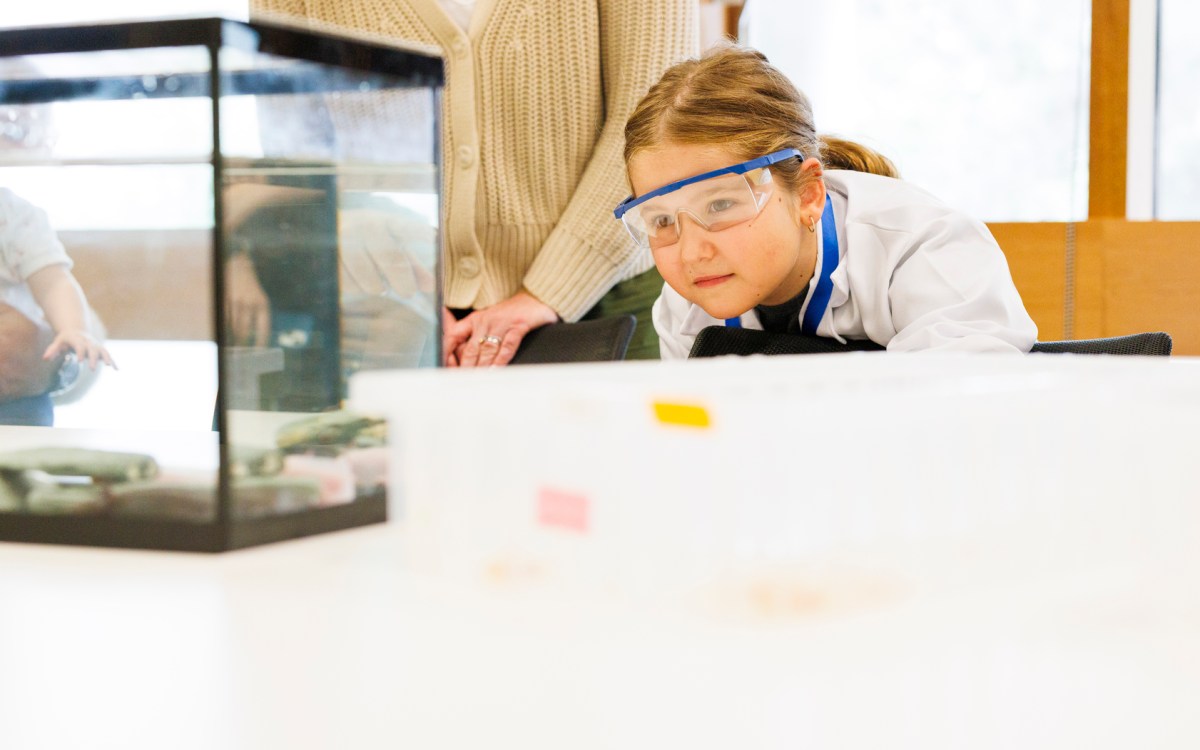
When your research donor is 6
First-grader raises $1,000 for axolotl research, meets her scientist hero — and maybe gets taste of what she wants to do when she grows up
-
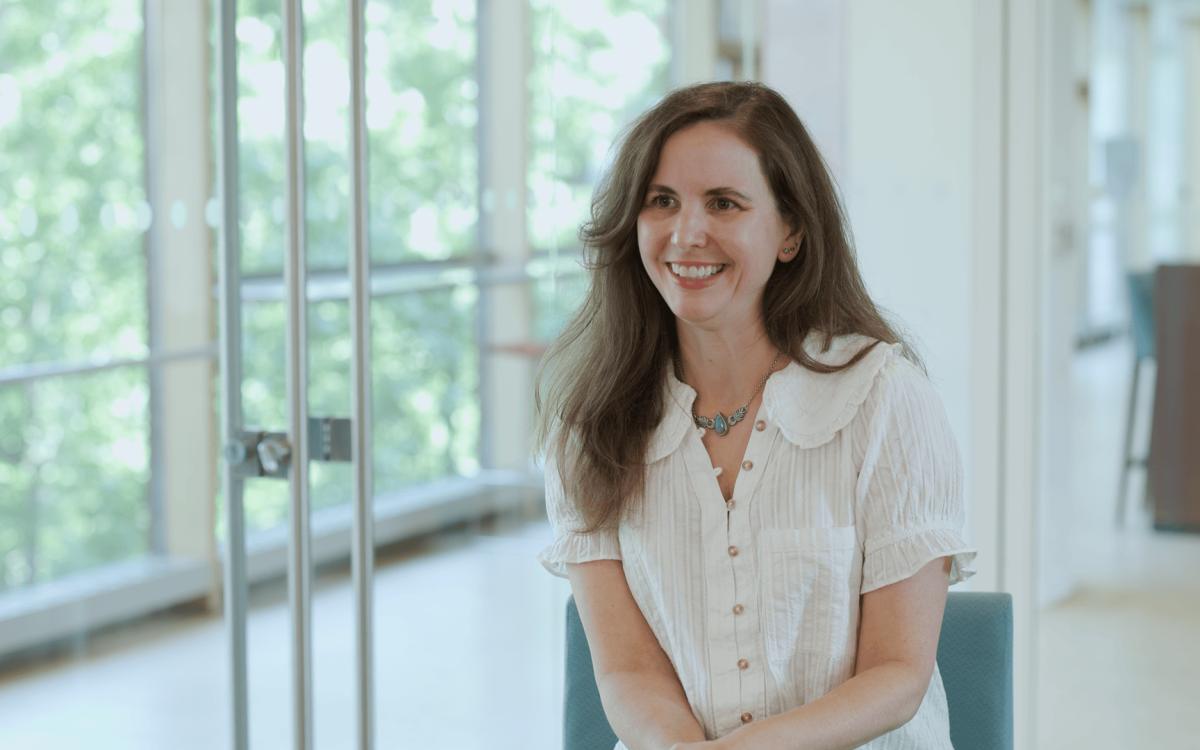
‘It feels very personal’
Jessica Whited overcame many obstacles to become a scientist, and her work was rooted in family’s blue-collar history. Then came funding cuts.
-
Nanofiber protects against extreme temperatures and projectiles
Harvard University researchers, in collaboration with the U.S. Army Combat Capabilities Development Command Soldier Center and West Point, have developed a lightweight, multifunctional nanofiber material that can protect wearers from both extreme temperatures and ballistic threats.
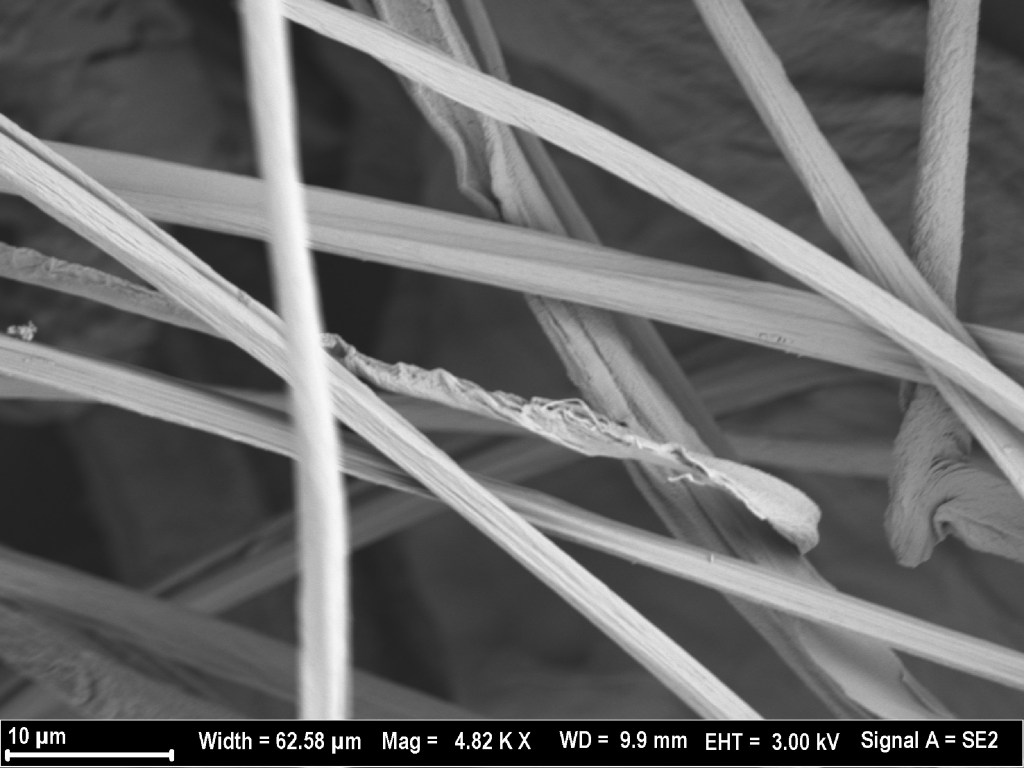
-
Lockdown? What lockdown?
Cellphone mobility data shows that most Americans have put the coronavirus lockdown in the rearview mirror and are moving about at nearly the same rate as they were before the pandemic began, according to a Harvard epidemiologist who studies such data.
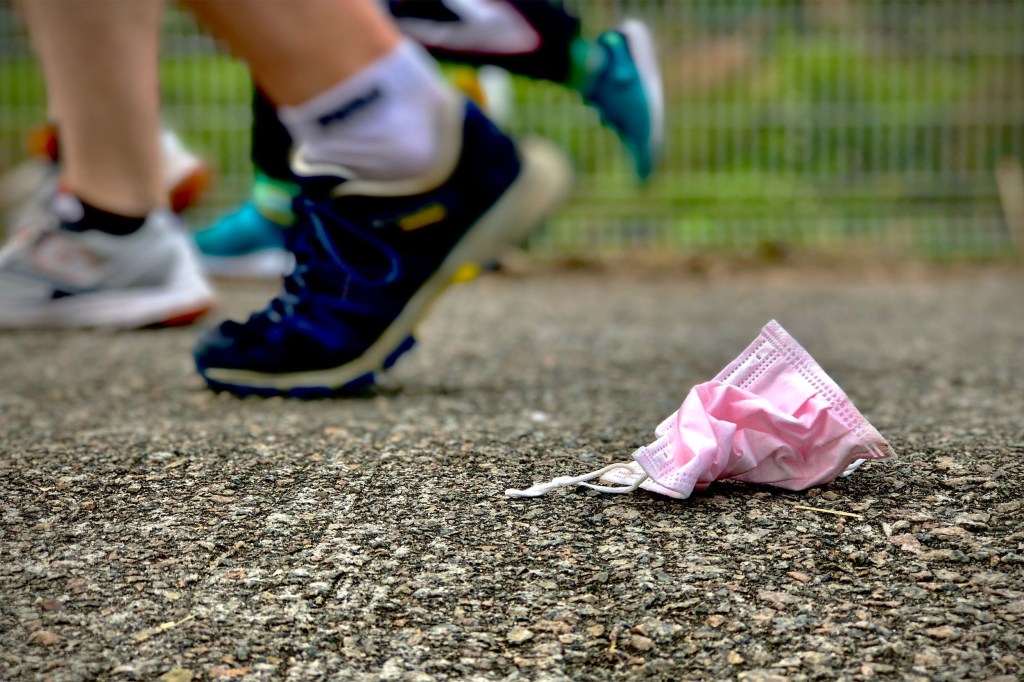
-
Microbes might manage your cholesterol
Researchers discover mysterious bacteria that break it down in the gut.
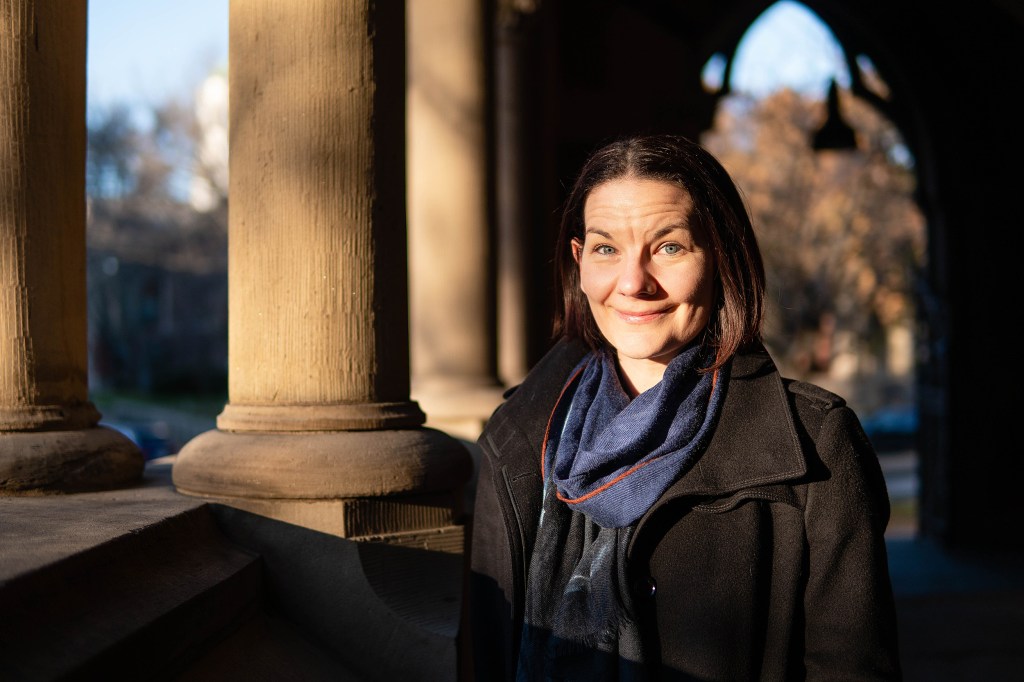
-
Finding COVID clues in movement
Tracking mobility of individuals offers hints of whether a problem is rising or falling.

-
Wyss Institute to accelerate drug testing for COVID treatment
With a $16 million agreement from DARPA, Harvard’s Wyss Institute will use its technology to identify and test already FDA-approved drugs that may prevent or treat COVID-19 infection.
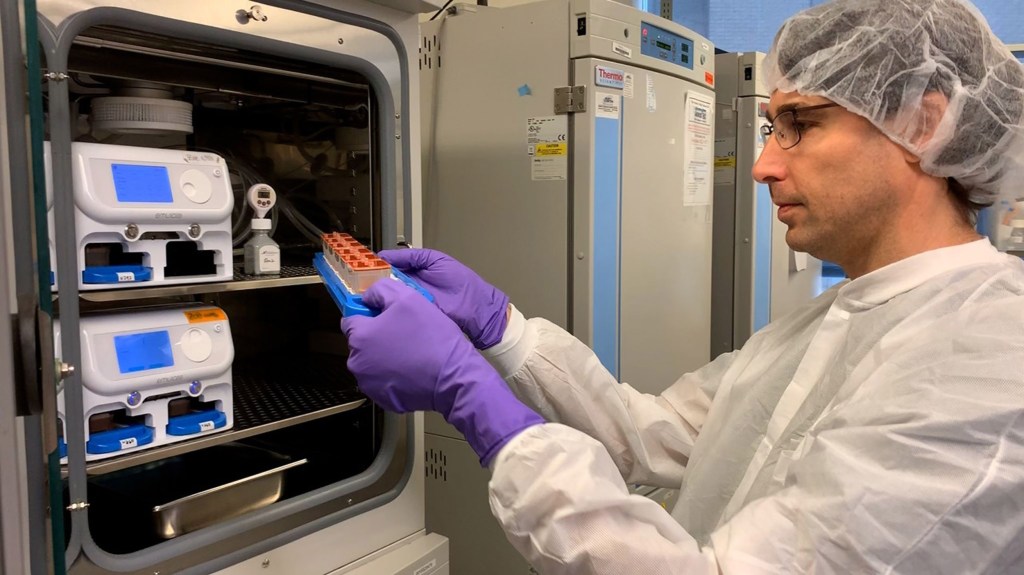
-
State of stasis
Neuroscientists have discovered neurons that control hibernation-like behavior in mice, a finding that could translate into applications in humans, such as preventing brain injury during a stroke.

-
An engineering approach to shape neuronal connections
Precise control over neuron growth paves the way for repairing injuries, including those to the spinal cord, and improving brain models.
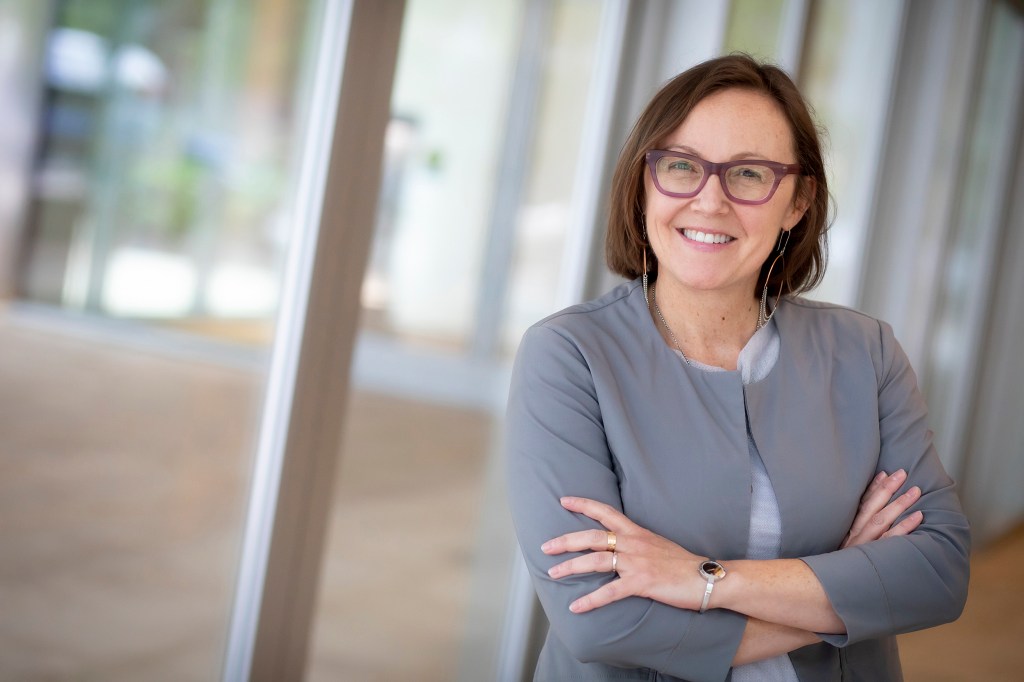
-
A promise to a friend
Wei Hsi “Ariel” Yeh dedicated her research in chemistry to solving some of the vast genetic mysteries behind hearing loss.

-
The origin of things
DNA-barcoded microbial spores can trace origin of objects, agricultural products.

-
Sleep, death, and… the gut?
Fruit fly study finds death by sleep deprivation is preceded by the accumulation of unstable molecules known as reactive oxidative species in the gut.

-
A new threat to bees
Bee health experts Benjamin de Bivort and James Crall discuss the murder hornet threat and other dangers facing bees.
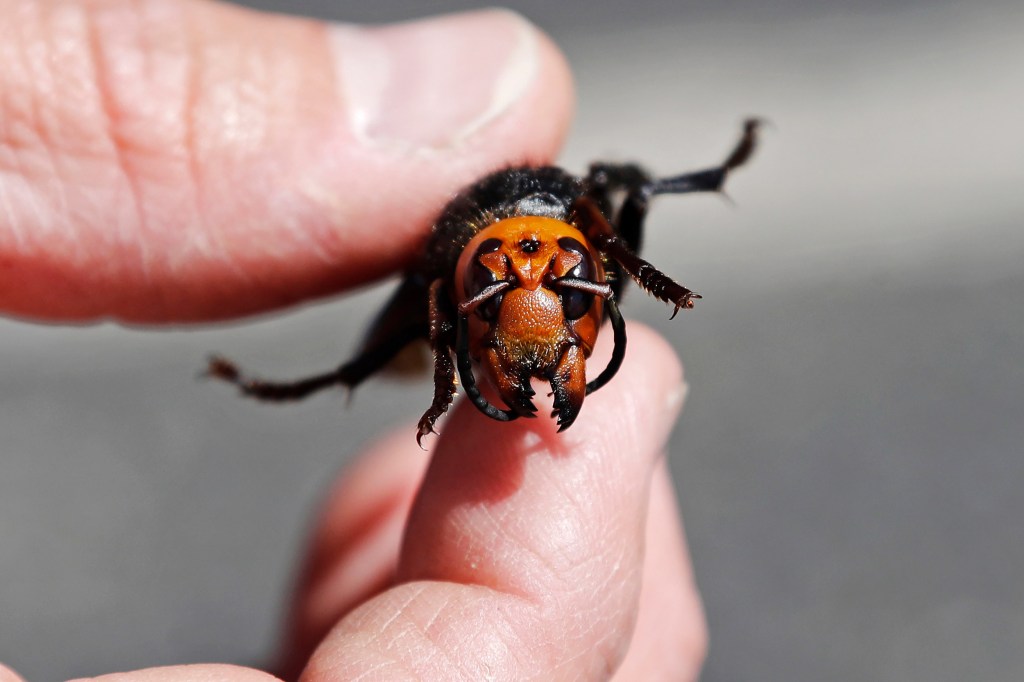
-
Horizontal helper
Cassandra Extavour and Leo Blondel provide the strongest suggestive evidence yet that at least part of a specific gene came from bacterial genomes.
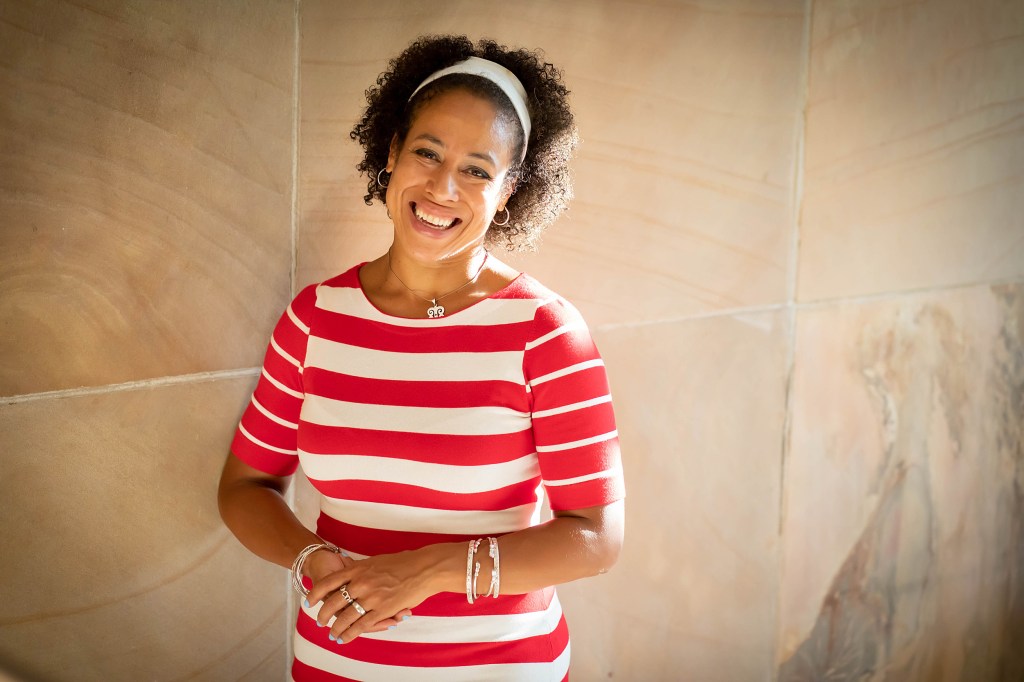
-
Filling gaps in our understanding of how cities began to rise
Genomic analysis shows long-term genetic mixing in West Asia before the rise of the world’s first cities
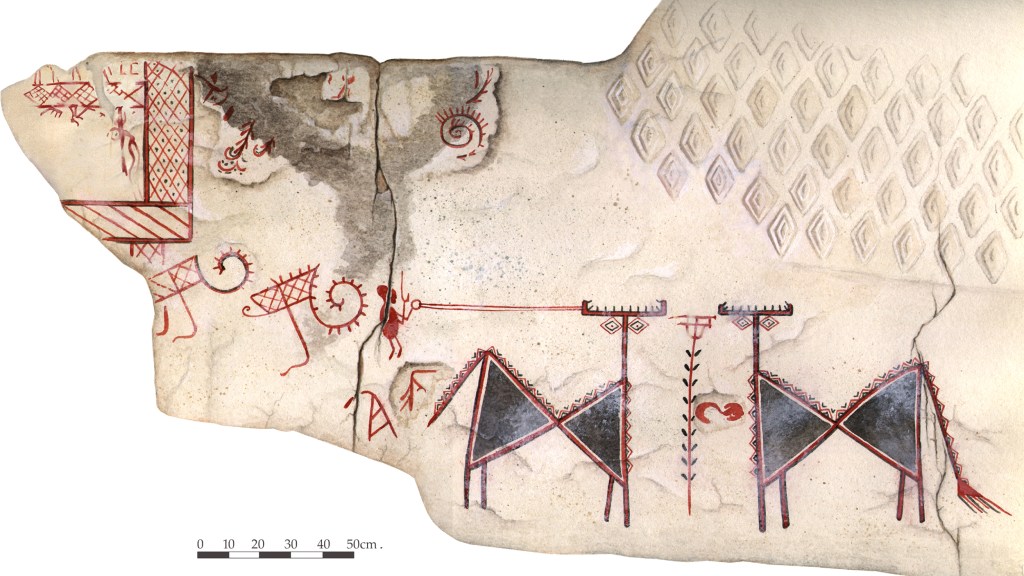
-
Gut microbiome influences ALS outcomes
The researchers found that in mice with a common ALS genetic mutation, changing the gut microbiome could prevent or improve disease symptoms.
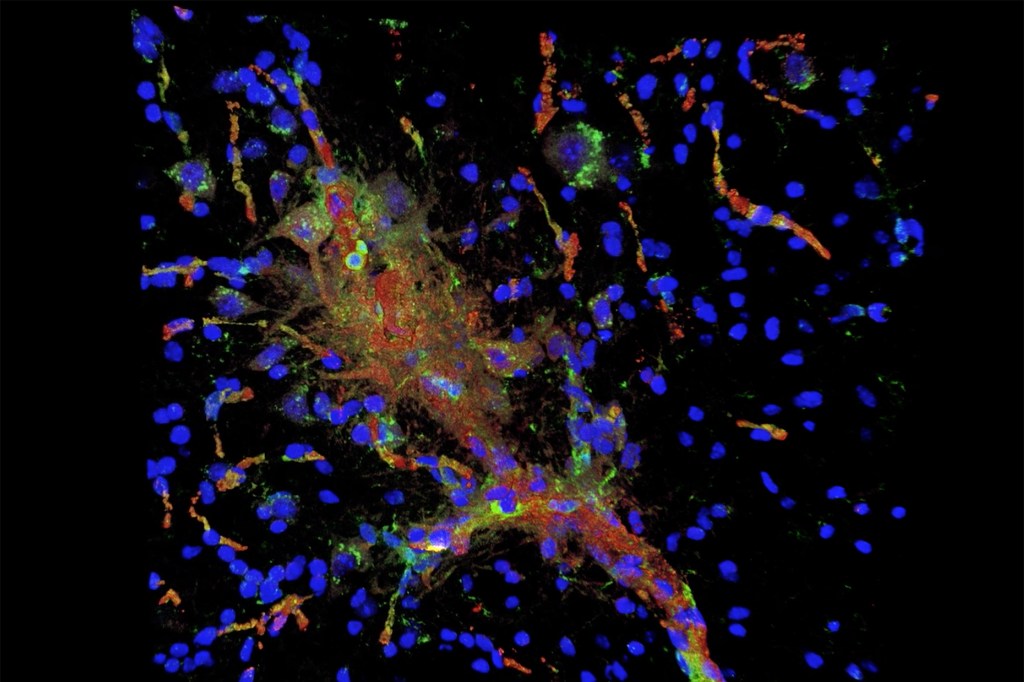
-
Water beast
New paper argues the Spinosaurus was aquatic, and powered by predatory tail.
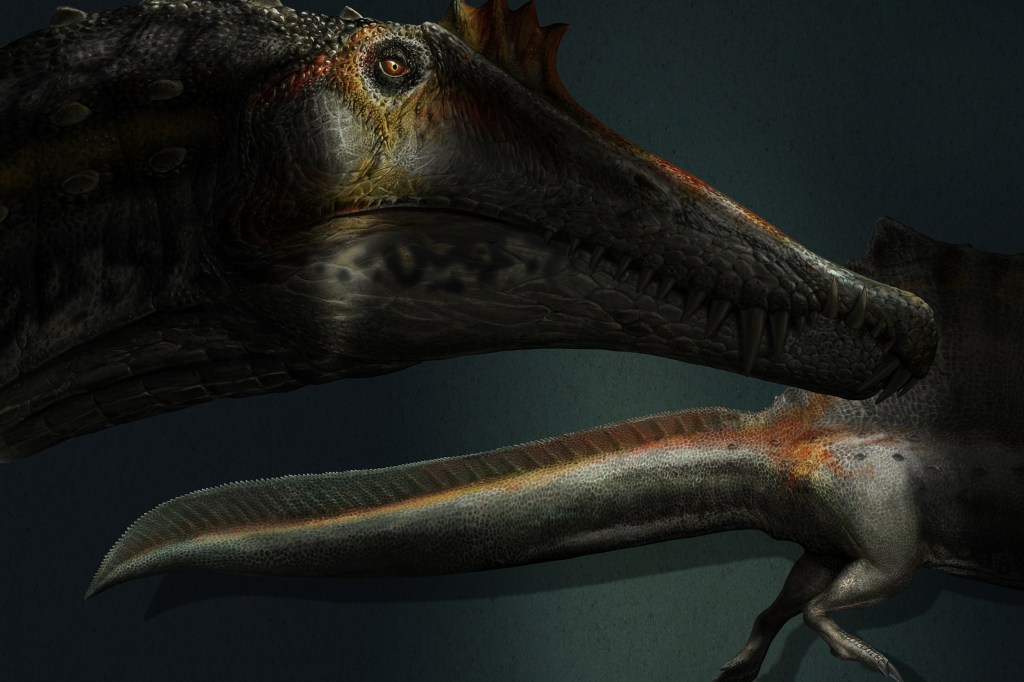
-
CRISPR-based technology spots COVID-19
The CRISPR-based molecular diagnostics chip’s capacity ranges from detecting a single type of virus in more than 1,000 samples at a time to searching a small number of samples for more than 160 different viruses, including the COVID-19 virus.
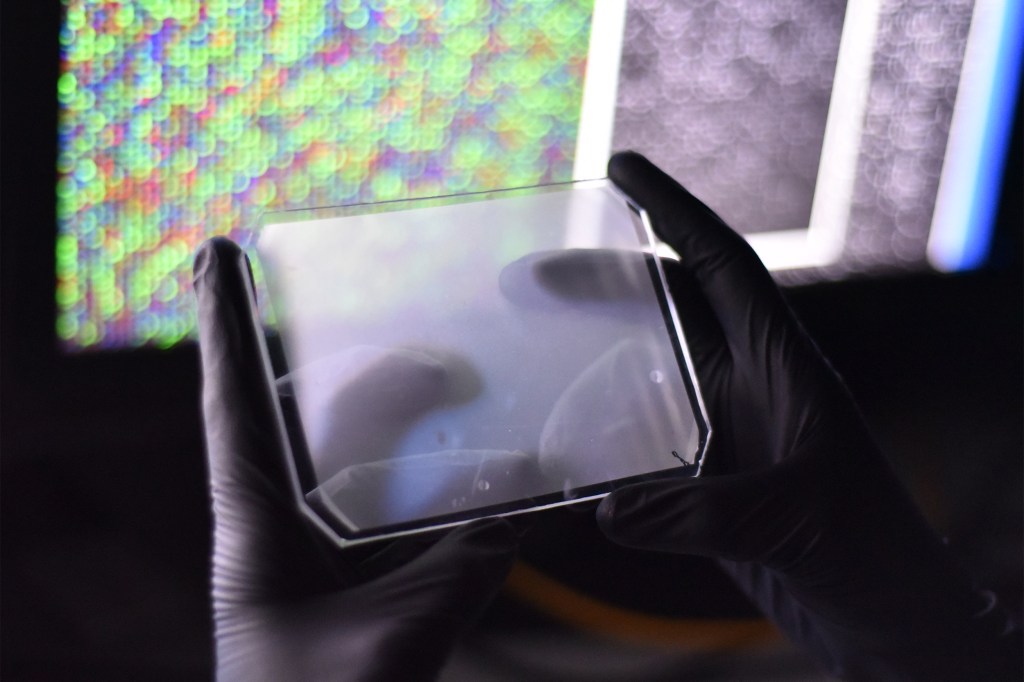
-
When tectonic plates began to shift
Harvard researchers detect some of the earliest evidence for modern-like plate motion.

-
Wyss-designed swabs enter human trials for COVID-19
The Wyss Institute has collaborated in the design of a new low-cost nasopharyngeal swabs that can be manufactured quickly to address the international shortage of swabs for testing and research.

-
In a photo of a black hole, a possible key to mysteries
So little is known about black holes and the image hints at a path to a higher-resolution image and more and better data.

-
Toward an unhackable quantum internet
Harvard and MIT researchers have found a way to correct for signal loss with a prototype quantum node that can catch, store, and entangle bits of quantum information. The research is the missing link toward a practical quantum internet.
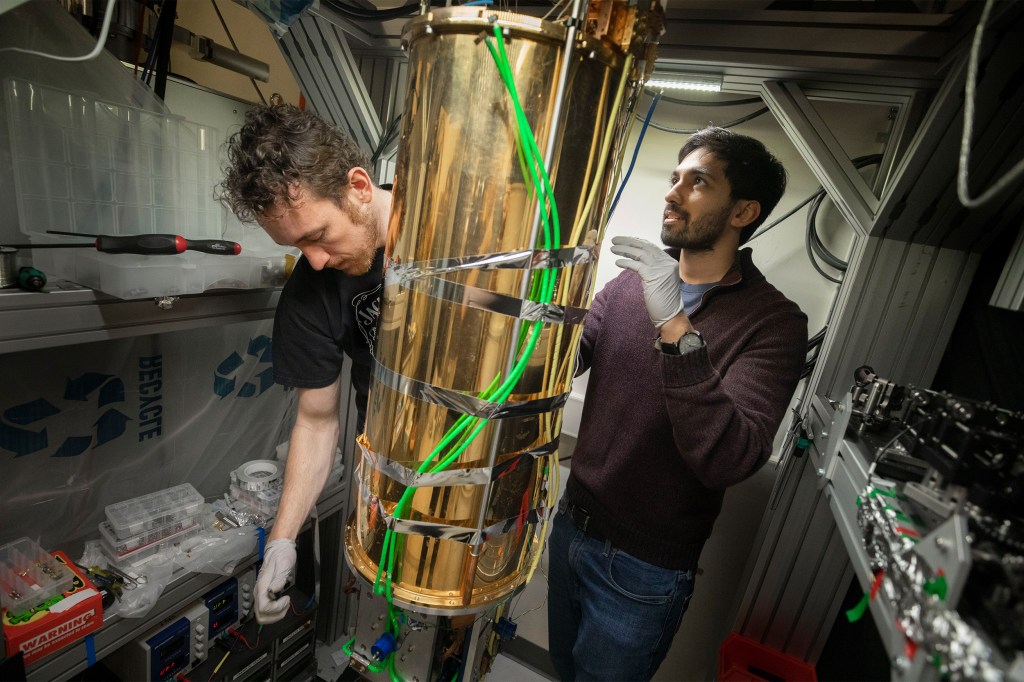
-
Students come together with Congregate
With the move to online classes, a group of Harvard students quickly formed a team and collaborated over spring break to develop Congregate, a web platform that enables users to host events or gatherings that are broken into many dynamically generated conversation rooms.
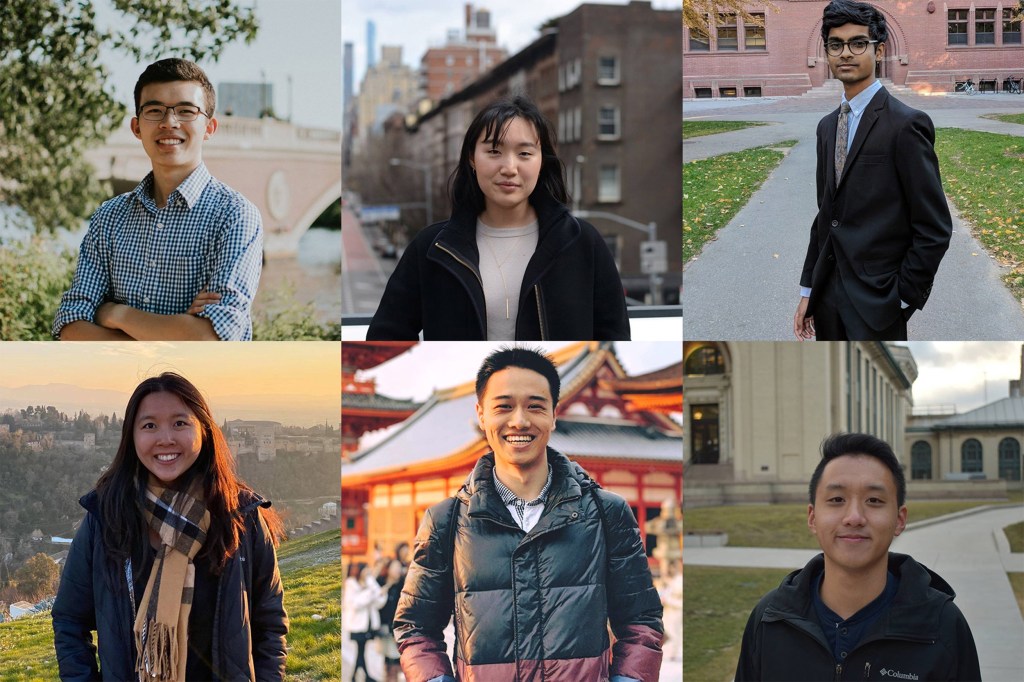
-
‘Faster protection with less material’
Further research and development on a class of molecules called bisphosphonates might turbocharge a vaccine against SARS-CoV-2, the novel coronavirus, and help bring immunity to huge populations more quickly.
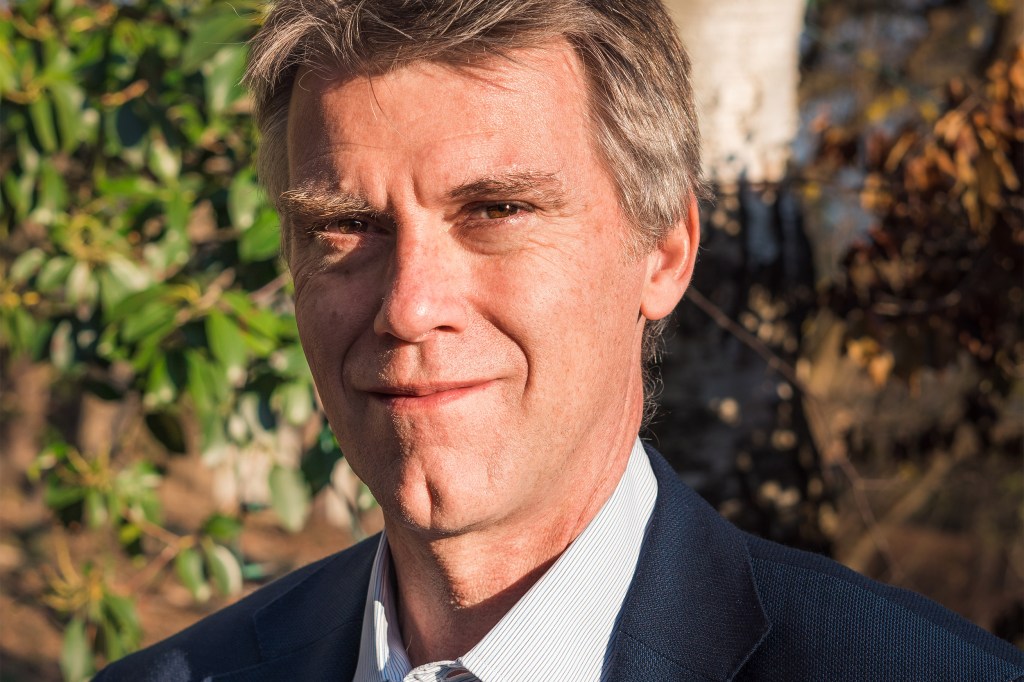
-
Scientists map human protein interactions
Scientists produce a reference map of human protein interactions, releasing data helpful for understanding diseases including cancer and infectious diseases such as COVID-19.
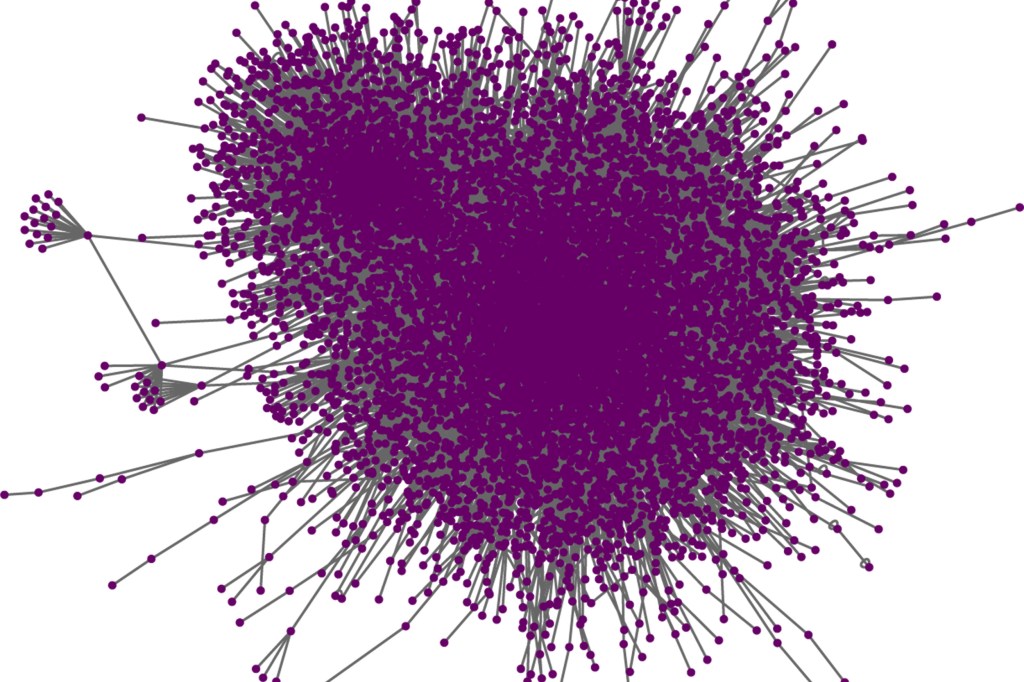
-
Design School turns 3D printers into PPE producers
The Harvard Graduate School of Design (GSD) began production of personal protective equipment (PPE) on Sunday.
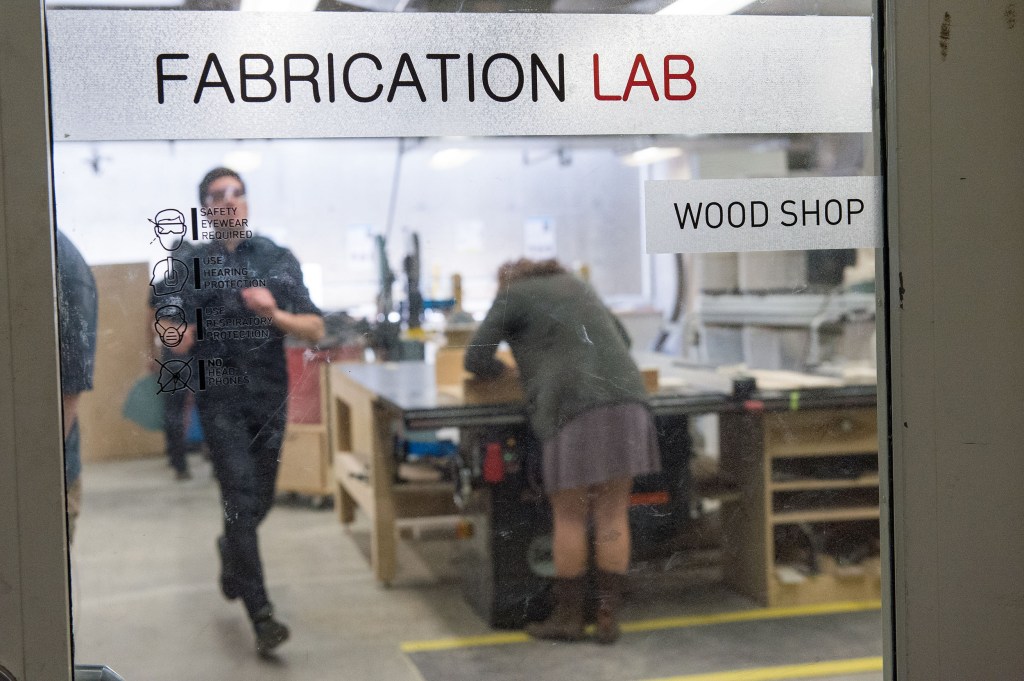
-
Facing a pandemic, Broad does a quick pivot
Facing a pandemic, scientific and administrative teams across the Broad Institute raced to enable coronavirus testing in a matter of days.
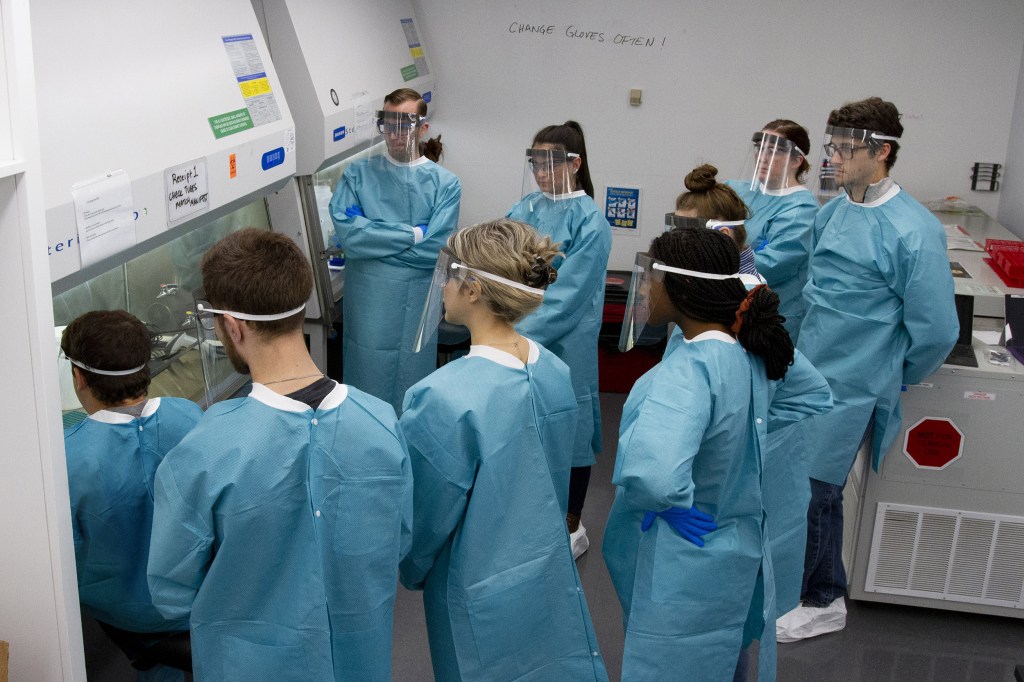
-
Capabilities of CRISPR gene editing expanded
Investigators at Massachusetts General Hospital have modified the gene editing system, making it possible to potentially target any location across the entire human genome.
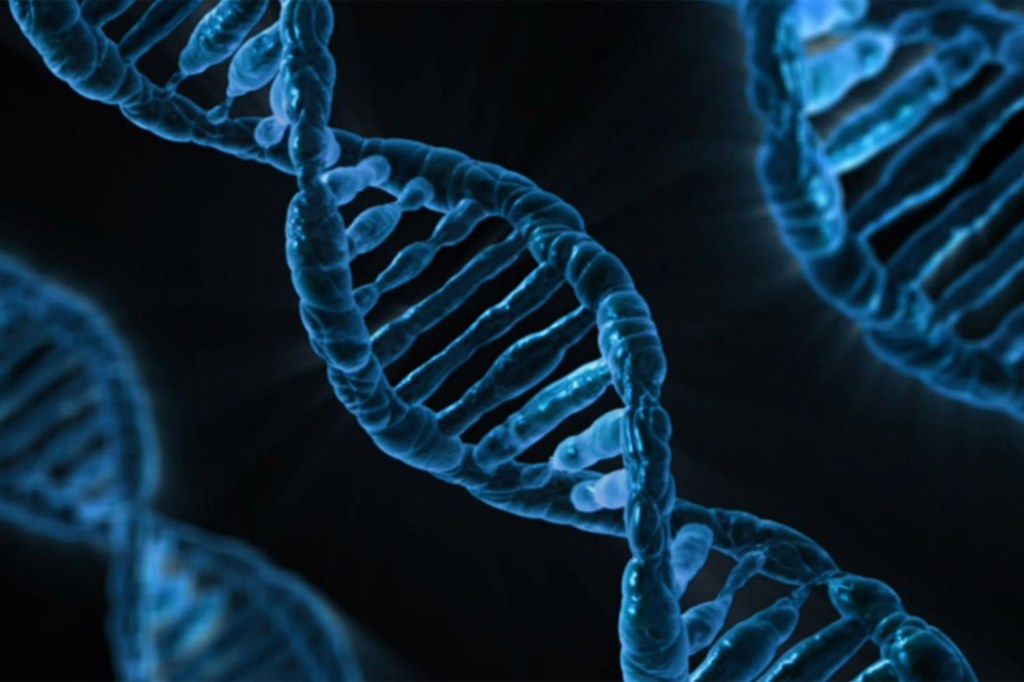
-
Learning from recovery
Using the tool VirScan, researchers are able to detect antibodies in people’s blood that indicate active and past infections by viruses and bacteria. The goal is to learn how the virus affects the immune system.
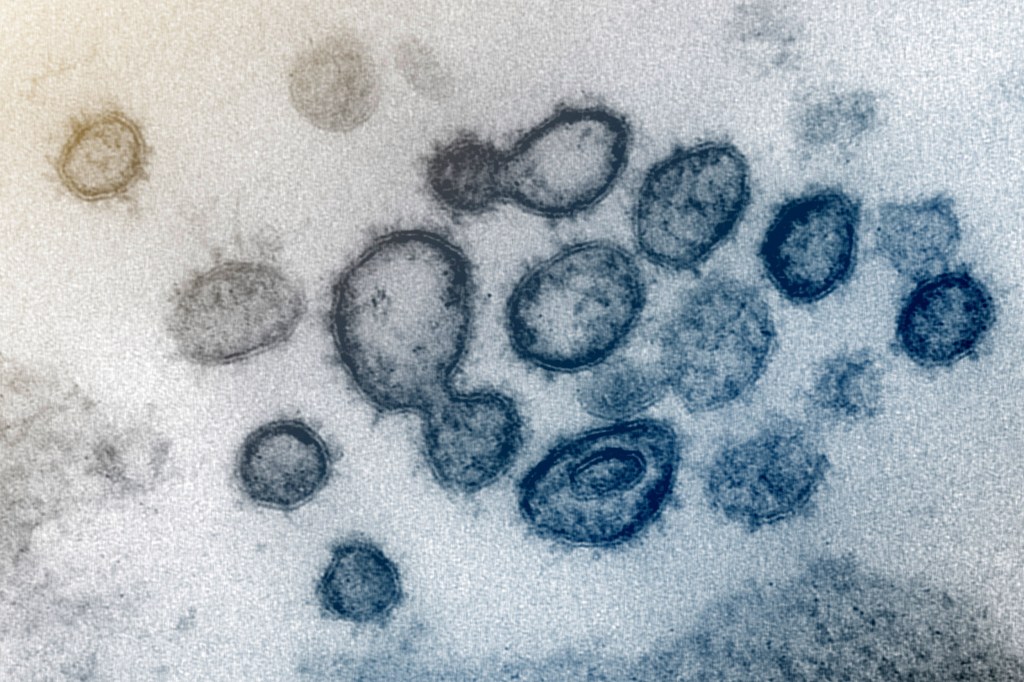
-
‘There will be cascading failures that get fixed on the fly’
The massive shift from the office to remote work will test the internet in ways it hasn’t been tested before, a Harvard expert on the technology industry said, offering a real-time experiment that will likely see failures, but from which unexpected solutions will also emerge.

-
Genetic control of collective behavior
Researchers use zebrafish to explore the connection between specific genetic mutations and group behavior.
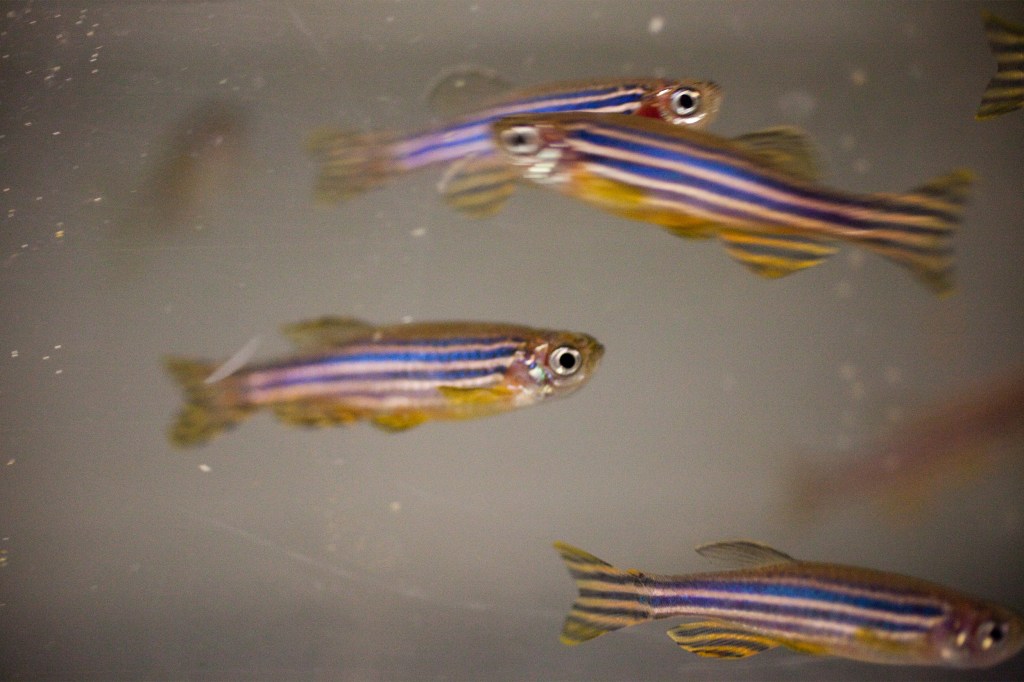
-
Blood biopsies offer early warning of cancer’s return
Researchers have designed personalized blood biopsies that offer the potential of an early warning signal of breast cancer recurrence.
